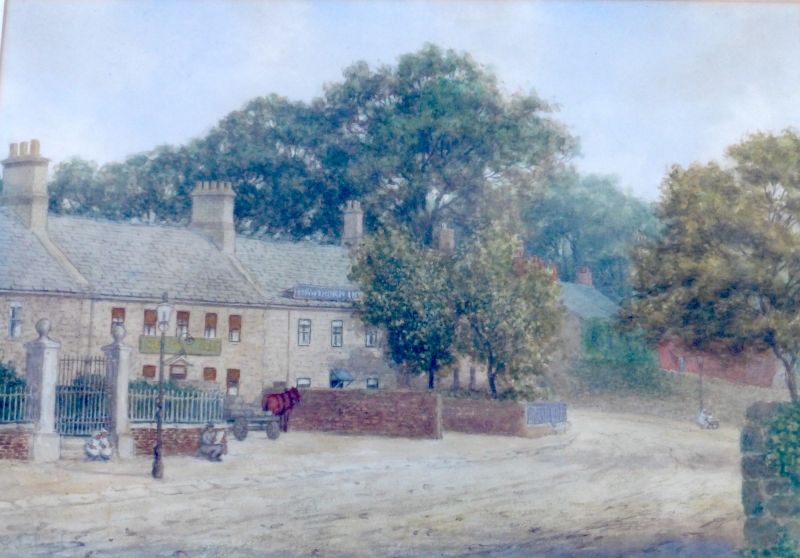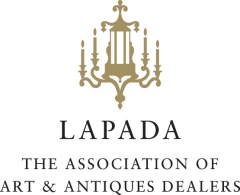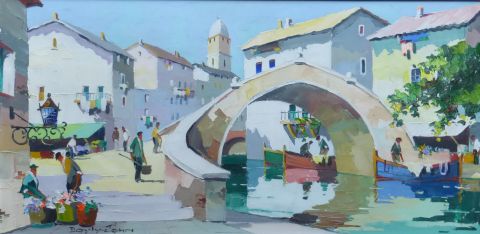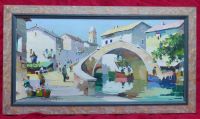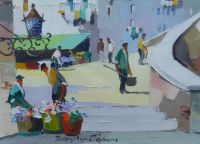Main Menu
-
John Nicholson Fine Art Established in 2001, we are one of the largest provincial fine art dealers of quality 19th to 21st Century paintings in the North East of England.
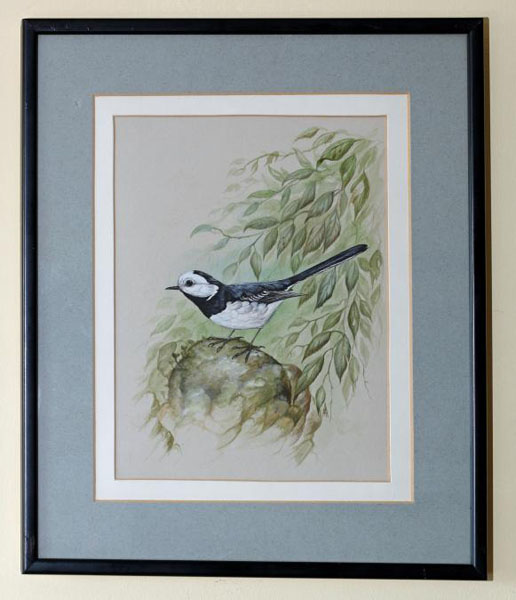
-
Long Established Fine Art Dealers Based in the North East we specialise in the works of Northumbrian, Yorkshire, Cumbrian and Scottish artists.
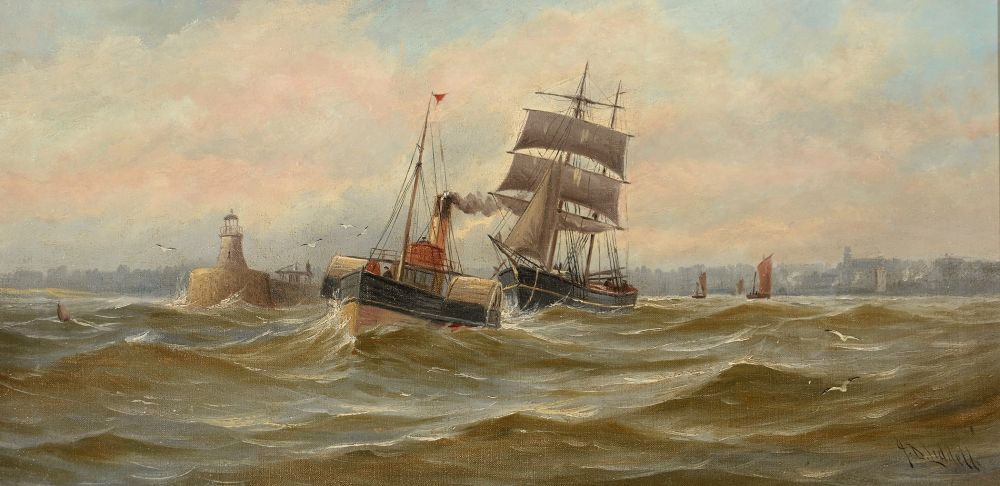
-
British & European Oil Paintings We are pleased to present an ever changing collection of quality oil paintings from varied artists across a full range of genres.
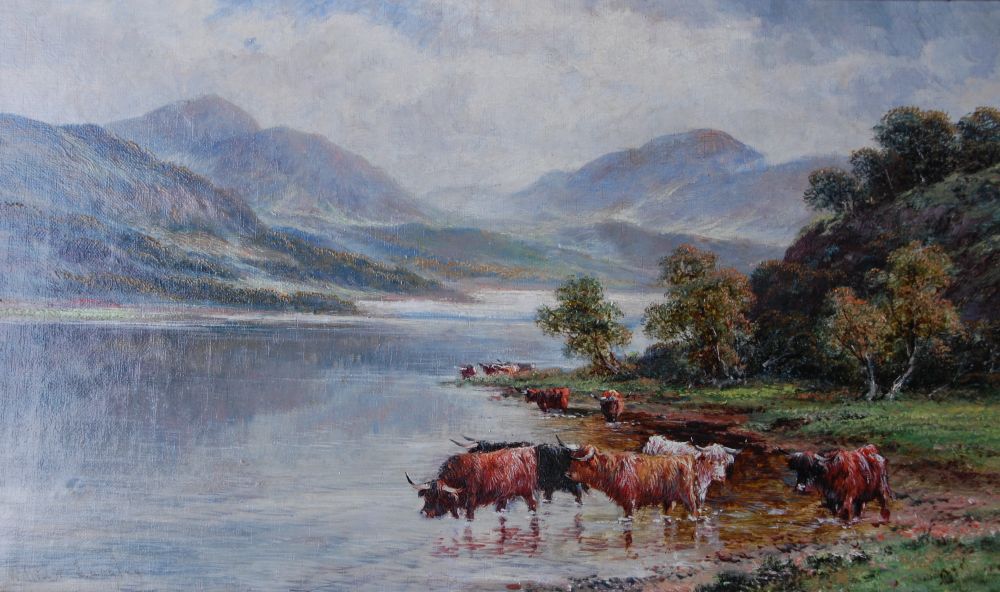
-
British & European Watercolours Our ever changing availability of wonderful selections of watercolours for sale provide collectors with an appealing choice for their pleasure.
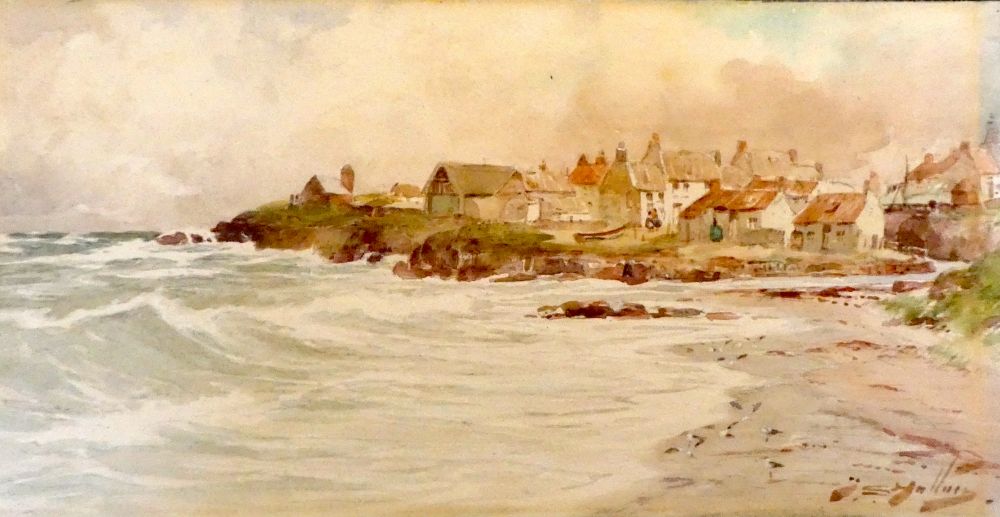
-
Art Nouveau & Art Deco Glass We also offer a fine selection of glass from Emile Galle, Daum, Andre Delatte, Tiffany, Muller Freses & Legras as well as other quality designers.
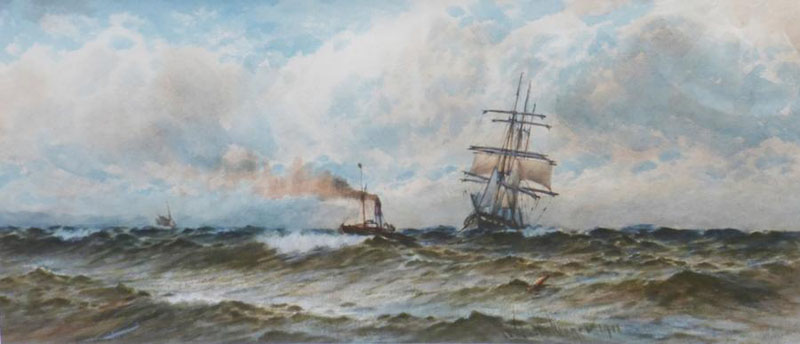
-
From Investment & Display At Home When buying for investment you have the added advantage to display and appreciate your piece of art at home.
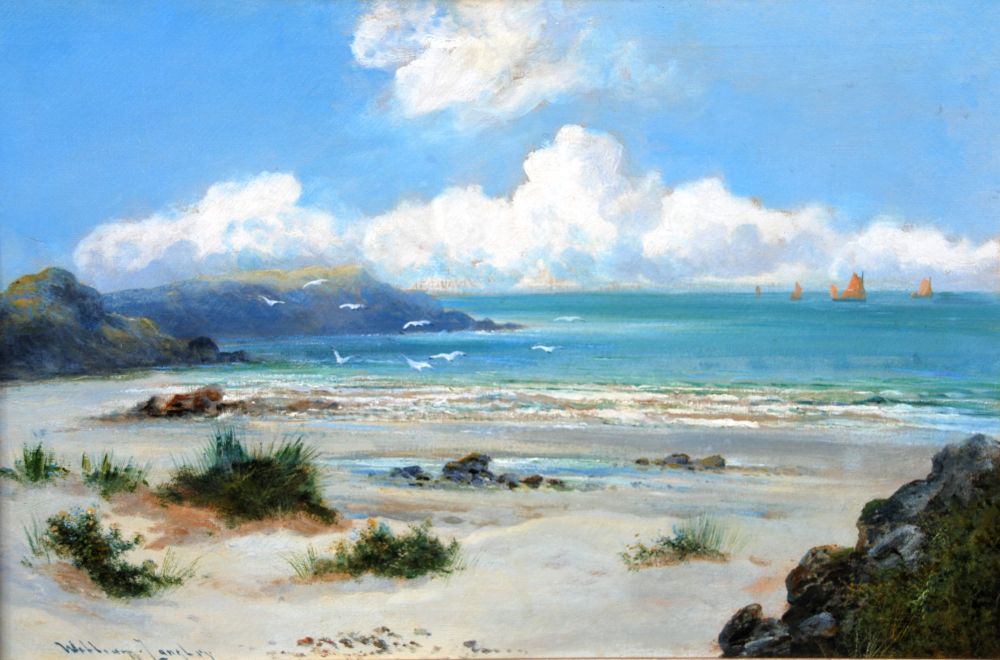
-
We Buy Quality Items of Fine Art Please remember that we are always speaking to purchase high quality oil paintings, watercolours and glass - so please give us a call.

-
Professional Restoration & Framing Service We offer a full restoration service for oil paintings, watercolours and antique frames. We also offer a specialist framing service.
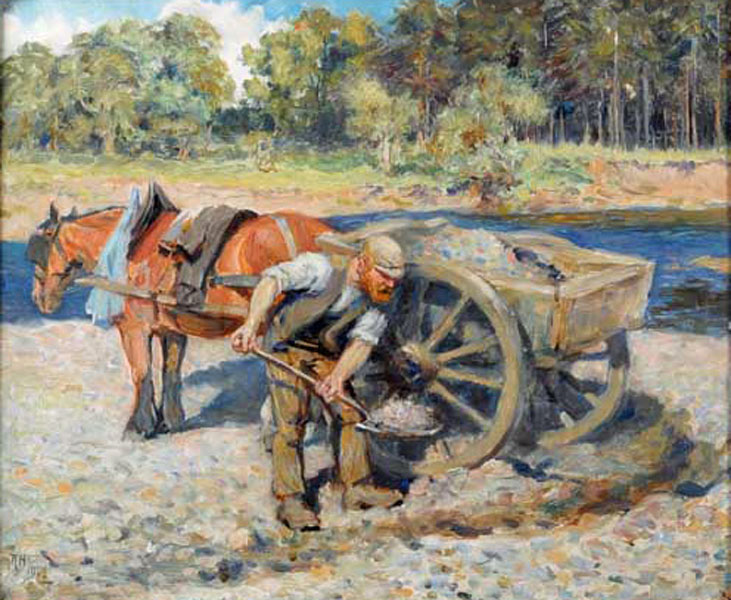
-
Keep Informed Of New Arrivals & Exhibitions To be kept informed of new arrivals of oil paintings, watercolours, art nouveau and glass. Why not sign up for our newsletter?
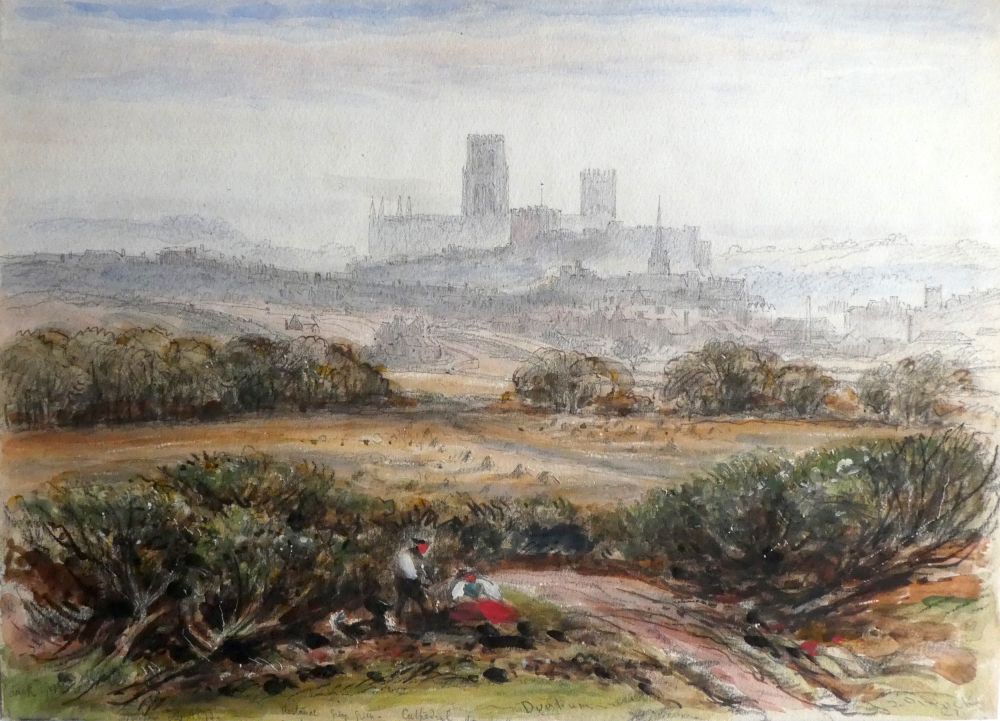
-
Bookmark Our Latest News Facility We will be regularly updating our new Latest News facility on our website with details of news, shows, events and our new product arrivals.
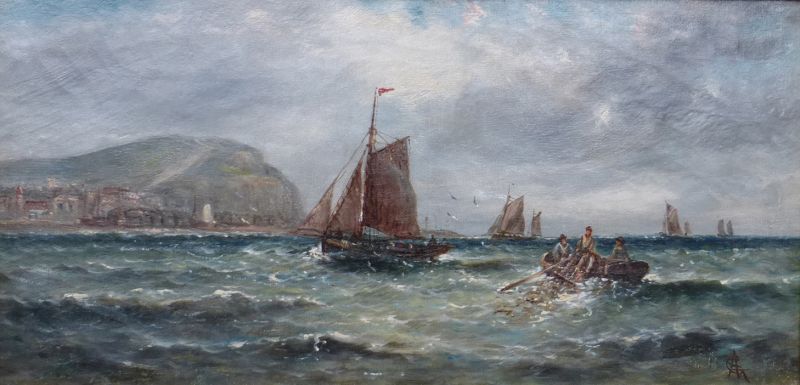
-
A Professional & Personal Service Please feel assured that e provide a professional, confidential and highly personal service in all out client association.
